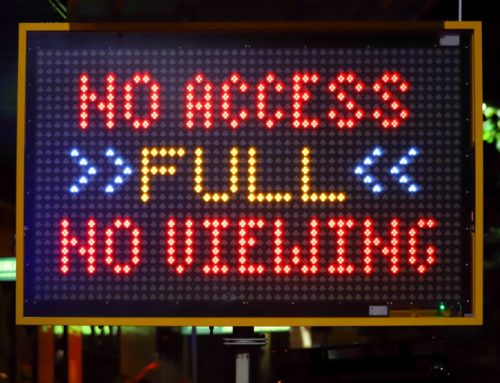 I’m friends with many nonprofit program and research directors who confide in me about their various scuffles with communications or fundraising staff in their organizations. Nothing strange there.
I’m friends with many nonprofit program and research directors who confide in me about their various scuffles with communications or fundraising staff in their organizations. Nothing strange there.
But what I do find a little surprising is how often I will meet a program or policy director, or even an executive director, for the first time, and upon learning what I do for a living, they will say, “Ugh. Our communications director is a complete idiot.”
They want to know if they can send this “most annoying and useless person on staff” to my trainings so I can “tell her what her job is supposed to be” – which I have no doubt in said program director’s mind means turning her into some kind of indentured servant to the program staff or simply making her disappear.
When I probe a bit further, here are the more specific complaints I hear.
“She knows zero about what we do. She is always asking really stupid questions.”
“She edits the articles I submit for the newsletter, and she dumbs it down so much or cuts it back so far that what we are left with is factually incorrect, and therefore embarrassing.”
“She wants to know about my day, because she says she needs to tweet it. WTF?”
“It’s her job to update the website and write the newsletter. So why is she constantly bugging me to write stuff for her?”
Of course, my first reaction is to always stick up for the communications director. I usually say something like, “It’s her job to explain the work you are doing to others, which means she needs you tell her what it is you are actually doing. She can’t just make stuff up. And then she has to translate that into plain English, because most people don’t really get what it is you do for a living or understand all that lingo you use.”
That usually elicits something like, “Yeah. OK. But I still think she needs some training.”
To which I reply, “She may very well. Nonprofit communications is much harder than it used to be, especially with rapid-fire social media,” at which point I am usually interrupted with some stupid question of their own (which, of course, isn’t stupid in their eyes) about their own private use of Twitter or Facebook.
If this all sounds painfully familiar, it’s time to have everyone sit down and talk about what they do, the value it provides to the organization as a whole, and how each person can mutually benefit from the others on staff. There is no good reason why you should have so much animosity between program and communications staff (or fundraising staff . . .Betsy Baker wrote about this recently from the grantwriter’s perspective). And yet there seems to be quite a lot of friction.
Is this happening within your organization (or in one you know)? What’s going on, and what suggestions do you have for making it better?





